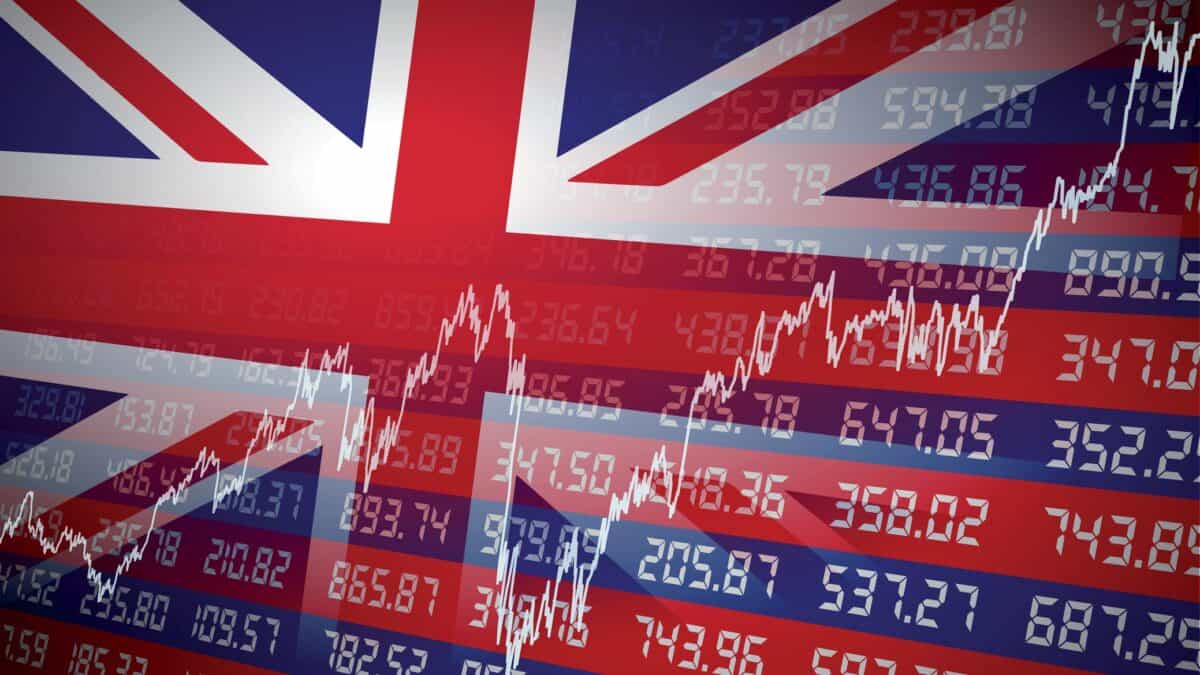The Burberry share price (LSE: BRBY) has been through hell and taken me with it. Which leaves me facing a stark choice: do I grit my teeth and stick with my stock pick or get out while I can?
I suppose I should consider myself lucky. Shares in the luxury brand have fallen 62.69% over 12 months. I’m down ‘just’ 38.51%. It’s still the worst performer in my portfolio (although Aston Martin seems desperate to play catch-up).
Burberry was on my watchlist for years, but I resisted with the shares typically trading at an expensive price-to-earnings ratio of around 24, while yielding a lowly 2% or so.
My big FTSE 100 flop
I spotted my opportunity in January, when Burberry issued a profit warning after a poor Christmas trading period.
The board cut full-year profit forecasts from a previous range of between £552m and £668m, to between £410m and £460m. To my credit, I resisted buying Burberry shares then. I’ve learned that one profit warning can quickly follow another, and wanted to see how this panned out.
Burberry shares duly plunged again on 15 May, when the board reported full-year profits had plunged 40% to £383m, as falling demand for luxury goods hit sales in Asia and the Americas. And that’s when I dived in. Silly me.
The shares kept sliding so I averaged down on 30 May and 3 July, telling myself I was bagging Burberry at a bargain valuation of around nine times earnings, while locking into a yield that was shooting past 6%.
Then on 15 July the group axed CEO Jonathan Akeroyd after some miserable years, issued yet another profit warning and to cap it all, scrapped the dividend. On 23 September, Burberry tumbled out of the FTSE 100 and into the FTSE 250.
When catching a falling knife, it pays to exercise patience. Just because a stock has fallen 50% doesn’t mean it can’t plunge another 50%.
To a degree, the recovery may have begun. Somebody who bought Burberry one month ago will be up 14.31%. As far as I can see, this is purely down to one thing. Investors are betting that the latest bout of stimulus from Beijing will boost the Chinese economy and revive demand for luxury goods from that quarter.
Now it’s stuck in the FTSE 250
The Burberry crash was made in China, and the recovery could start there too. I’m wary though. There’s a widespread feeling that the latest stimulus package isn’t enough, and investors are hanging on for more. If they’re disappointed, Burberry could quickly give up its recent gains.
Also, it feels like the wrong reason to buy a company. Basically, investors are banking on some foreign government to bail everyone out.
Falling demand across the luxury sector has highlighted specific problems for Burberry, which seems to have lost control of its brand and market position. And there are only so many ways a company can make trench coats, bags and scarves seem fresh. Or are there?
The fact that I’m questioning whether Burberry shares can ever recover may be a positive sign. It shows how far sentiment has fallen. But turning around an ailing company takes time, especially one that relies on consumer sentiment at what is a highly uncertain time. I won’t sell but I’m not buying more.







